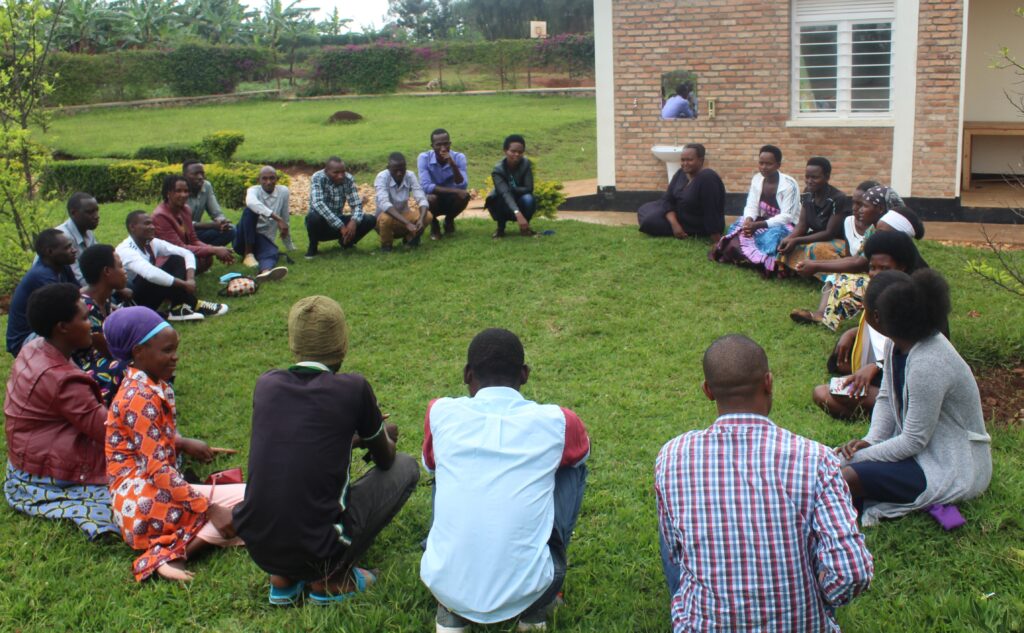Trying to quantify emotions can be a tricky business, like nailing an omelette to a wall. How do you measure happiness or gloom? Doctors ask us to choose a number between one and ten to express our physical pain. But how do you calculate fear or anxiety? For this reason, Network for Africa is always seeking better ways to gauge the success of our mental health work.
In Rwanda, together with our long-time local partner SURF, we questioned 52 genocide survivors, randomly chosen from among the hundreds who receive our mental health counselling. Back in February 2022, we asked the survivors enrolling in the project a series of questions about their daily lives. We followed this up in December with the same questions. Here are the results:
At the beginning, 81% of survivors said that despair and hopelessness were an issue in their daily life. By December, however, only 13% felt despair and hopelessness were an issue.
At the start, 81% experienced regular flashbacks to the horrors they witnessed or endured. That figure is now 27% – and the most affected 10% of survivors are being given special support as a result.
In February 2022, before they began our counselling programme/program, 44% of our survivors reported feeling suicidal. Now, none do.
At the start of the programme/program, 96% told us that their mental condition was impacting their ability to work (income generating activity, to use the jargon). Now, 73% report that they are able to work without being impacted by negative mental health.
How Does This Project Work?
Many survivors of the Rwandan genocide don’t have money or circumstances allowing them to travel far so we form local support groups, with an average of 22 members. Each peer counselling group chooses a man and a woman from among their number who are given four days training in trauma counselling. Those two individuals become the group’s peer support counsellors, moderating and implementing the counselling sessions. They are our eyes and ears, referring those survivors who need extra help to our professional counsellors.
The groups meet once every two weeks, and the counsellors also do home visits in situations where survivors want privacy or extra support. They accompany survivors to health centres/centers and refer difficult cases to receive the appropriate professional help. The topics covered in group discussions are psychological wounds and healing, the importance of commemoration, forgiveness, resilience, patience and acceptance. As they become trusted messengers, they broaden discussions to include family planning, information about drug abuse, and how to plan for the future. They do all this for a monthly payment of the local equivalent of £15 or $18 which also covers all their travel costs and phone bills.

The peer support counsellors attend regular supervision sessions with SURF’s professionals, learning about the link between conflict and mental disorders, non-violent communication, therapeutic methods and emotional freedom techniques. In addition, they are taught how to write reports assessing their group’s progress.
The results, above, show how effective this approach can be. Social bonds are created, with survivors supporting each other and working together on projects such as farming. Orphans or widows who had previously felt isolated find they have friends who understand their experiences and stand with them through their dark moments.
We salute our tireless peer support counsellors for their dedication. We know that they too are survivors of the genocide, and that it can be exhausting to spend all day hearing and absorbing the trauma of others. We are endeavouring to support them as they serve the community so selflessly.
Please visit our donation page to support Network for Africa’s work. Thank you.